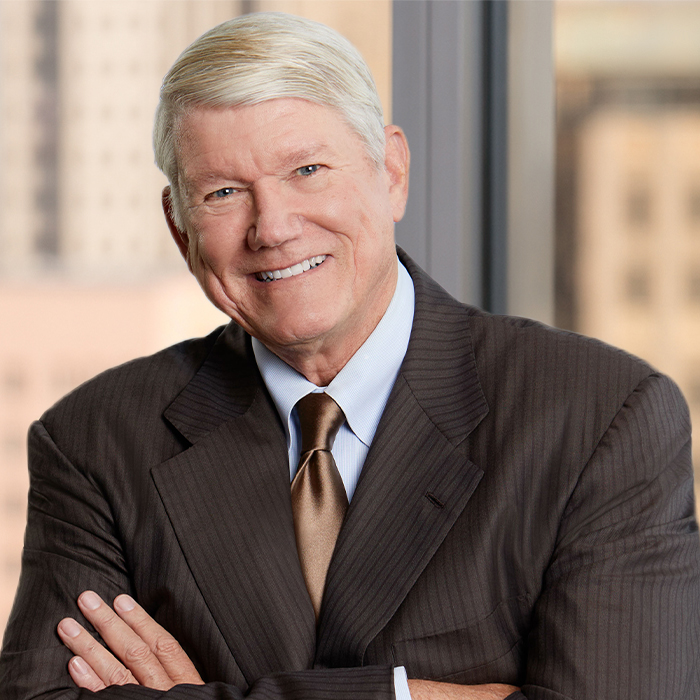By Chip Babcock
“The episode was quickly seized upon on the blogosphere,” The New York Times wrote today. The “episode” in question (a gay general with alleged ties to Hillary Clinton asking the Republican presidential candidates a question at a CNN debate) is not so important for present purposes, but the mention of “the blogosphere” certainly is. The Times cared enough to note the blogosphere’s reaction to the debate issue. Meanwhile, a columnist for The Dallas Morning News provided her readers this week with “Tips from a blogosphere navigator” and at a recent seminar, a television reporter blasted bloggers as people without journalistic training or standards who rely on “hearsay.”
The importance of both the method and content of information distributed over blogs (a shortened term for “web log”) cannot be seriously debated. Judges follow blogs that cater to them (Howappealing.com), companies track blogs that follow their industries, and people all over the world are logging in and getting their information — not from traditional media, but from the blogosphere (shortened from the term “blog biosphere” or ecosystem, which describes the millions of blogs in use today). What happens when blogs are sued for content? Will they be sued for content?
What if there were a traditional libel suit against a blog and blogger and there were funds for a proper defense? Would New York Times v Sullivan apply?
There are not many lawsuits against bloggers or blogs for the simple reason that there is no money in it. A plaintiff’s lawyer is unlikely to pursue difficult libel litigation only to obtain an uncollectible judgment at the end. So the blogosphere is unlikely to be regulated the way traditional media is through litigation. The only cases brought against bloggers will be on behalf of clients who can pay their lawyers and want the blogs off the Internet. They will sue and, because blogs generally have no money to pay or defend, they will likely settle for a form of prior restraint — an agreement that they won’t publish certain types of information in the future. Will such a settlement agreement, a form of contract, be enforceable in court by way of injunction? Probably so. Private parties are free to contract and arguably, the First Amendment plays no role.
So we might see courts entering the equivalent of a prior restraint in the form of an order enforcing a contract. There may be some defenses to that from a First Amendment perspective (more on that in a future VIA postcard) but the theory would be novel.
But what if there were a traditional libel suit against a blog and blogger and there were funds for a proper defense? Would New York Times v Sullivan apply? Interestingly, many traditional journalists would argue no, the blogosphere is outside the realm of traditional First Amendment protection. They invoke the image of, as Michael Robinson of Levick Strategic Communications puts it, “people in their basements drinking Red Bull, eating Skittles and blogging all night long.”
I would argue, however, that the personal idiosyncrasies of the speaker/writer are irrelevant. Was the blog posting on a matter of public concern? Was it about a public figure or public official? If the answer to both questions is yes, then what would be the argument be against First Amendment protection?
I’m expecting a response. This is, after all, a type of blog.
The opinions expressed are those of the author and do not necessarily reflect the views of the firm, its clients, or any of its or their respective affiliates. This article is for informational purposes only and does not constitute legal advice.
